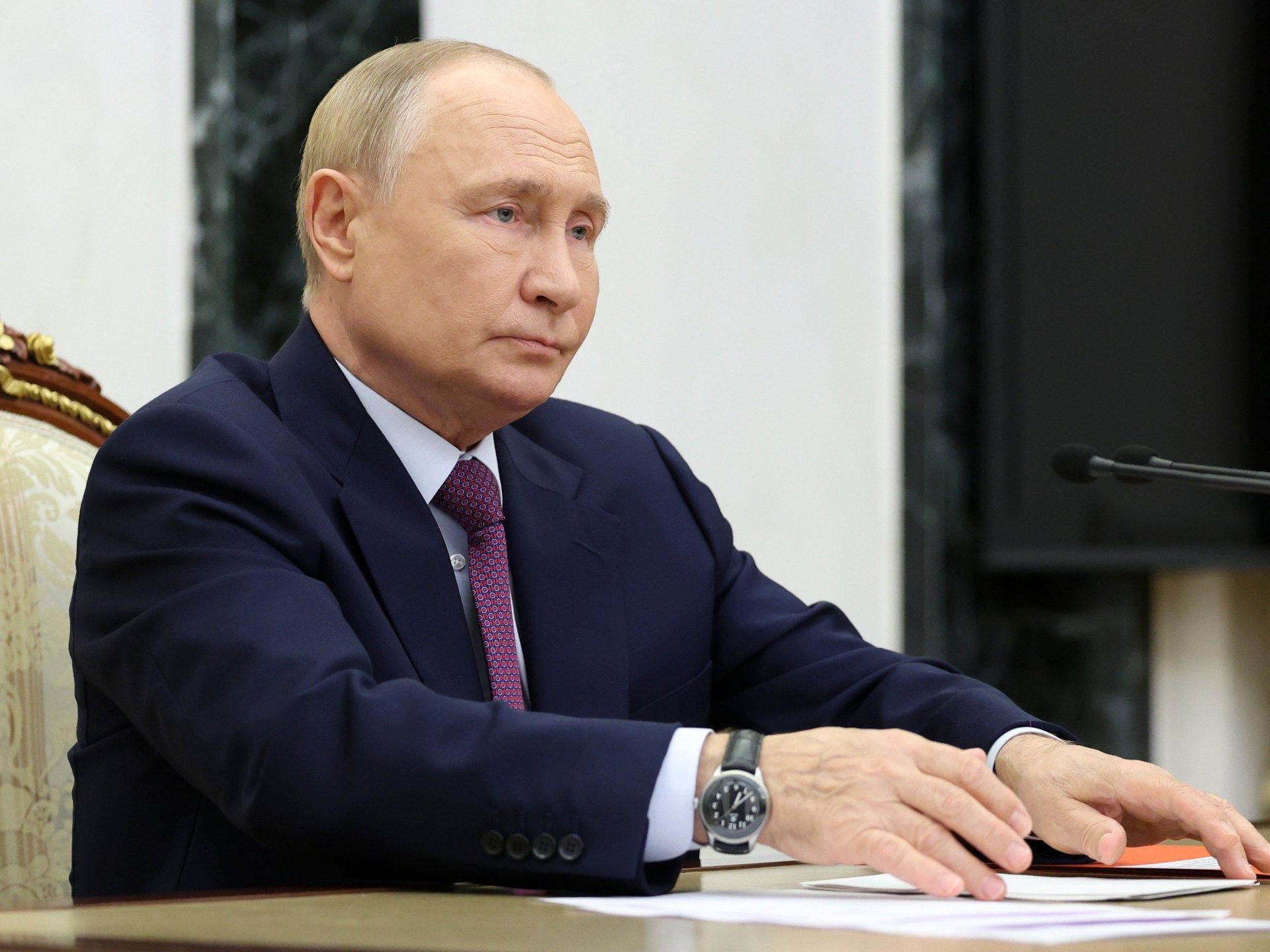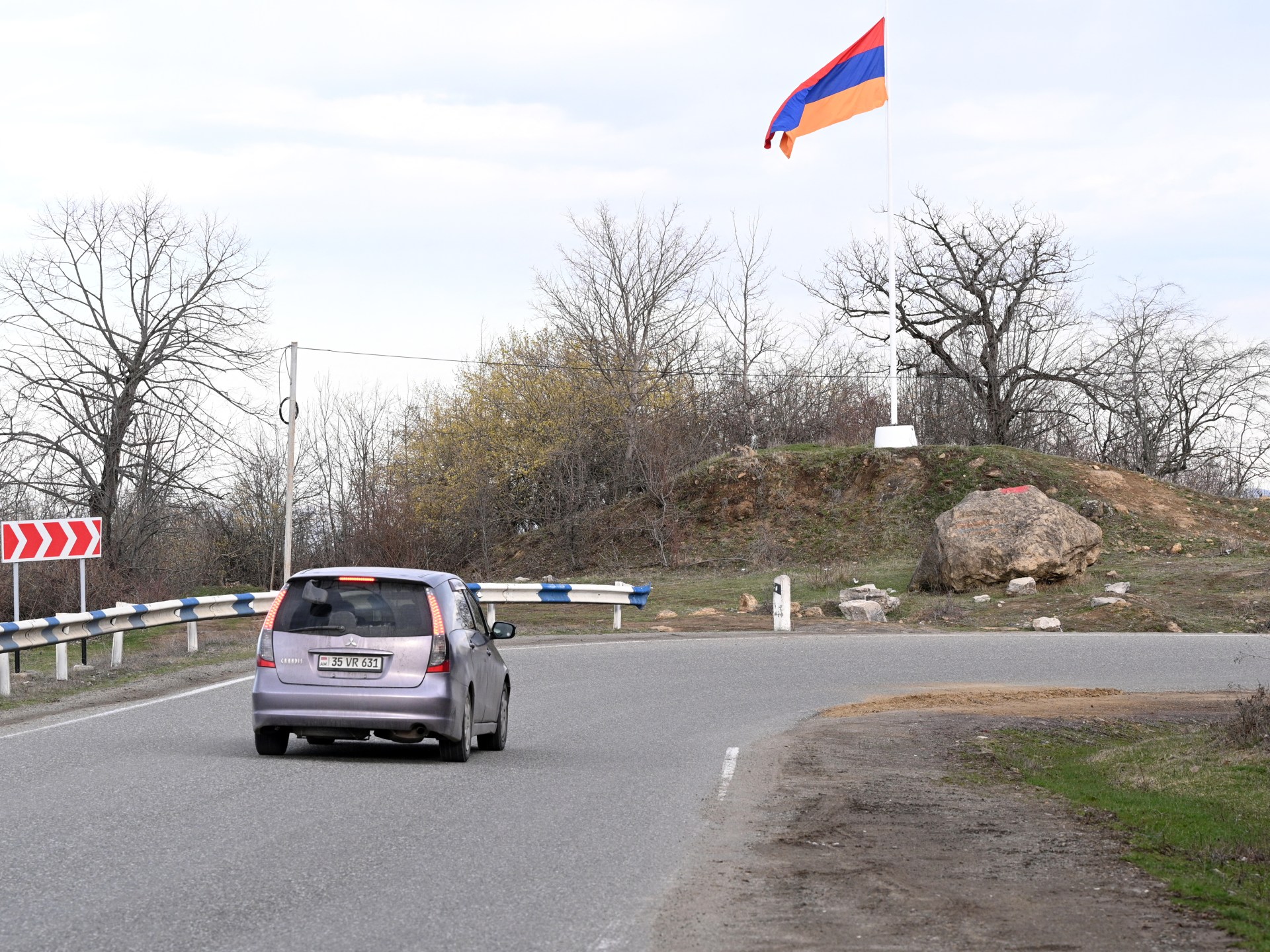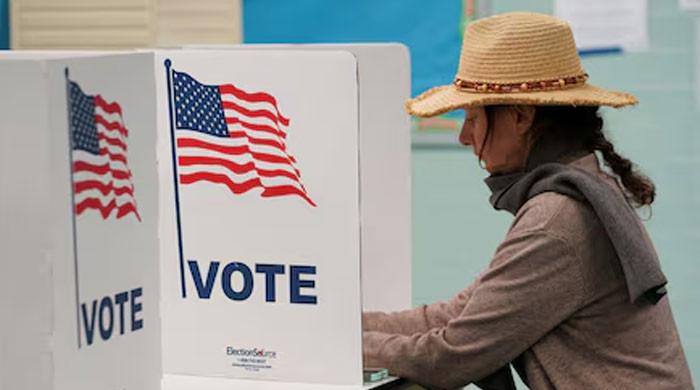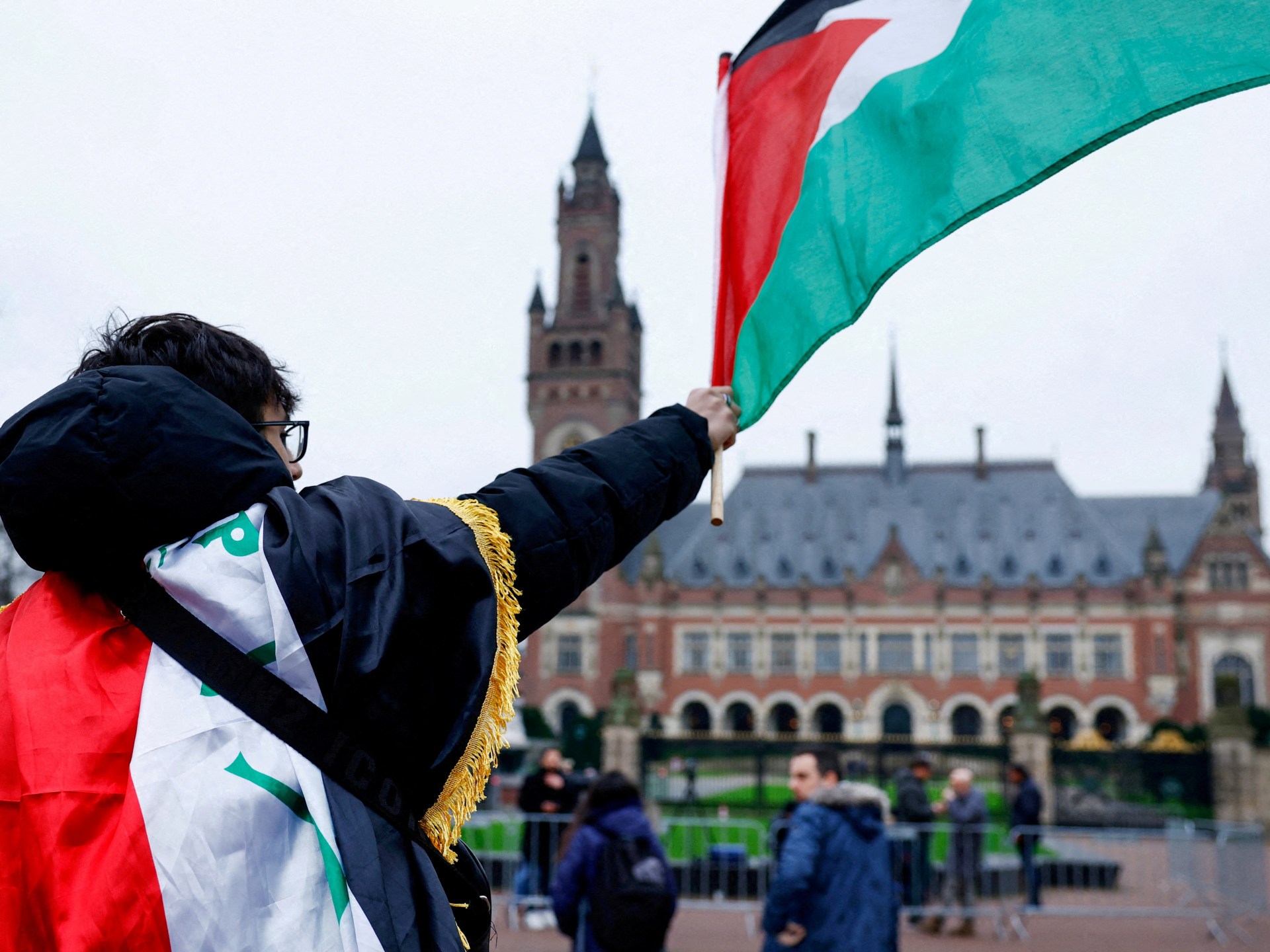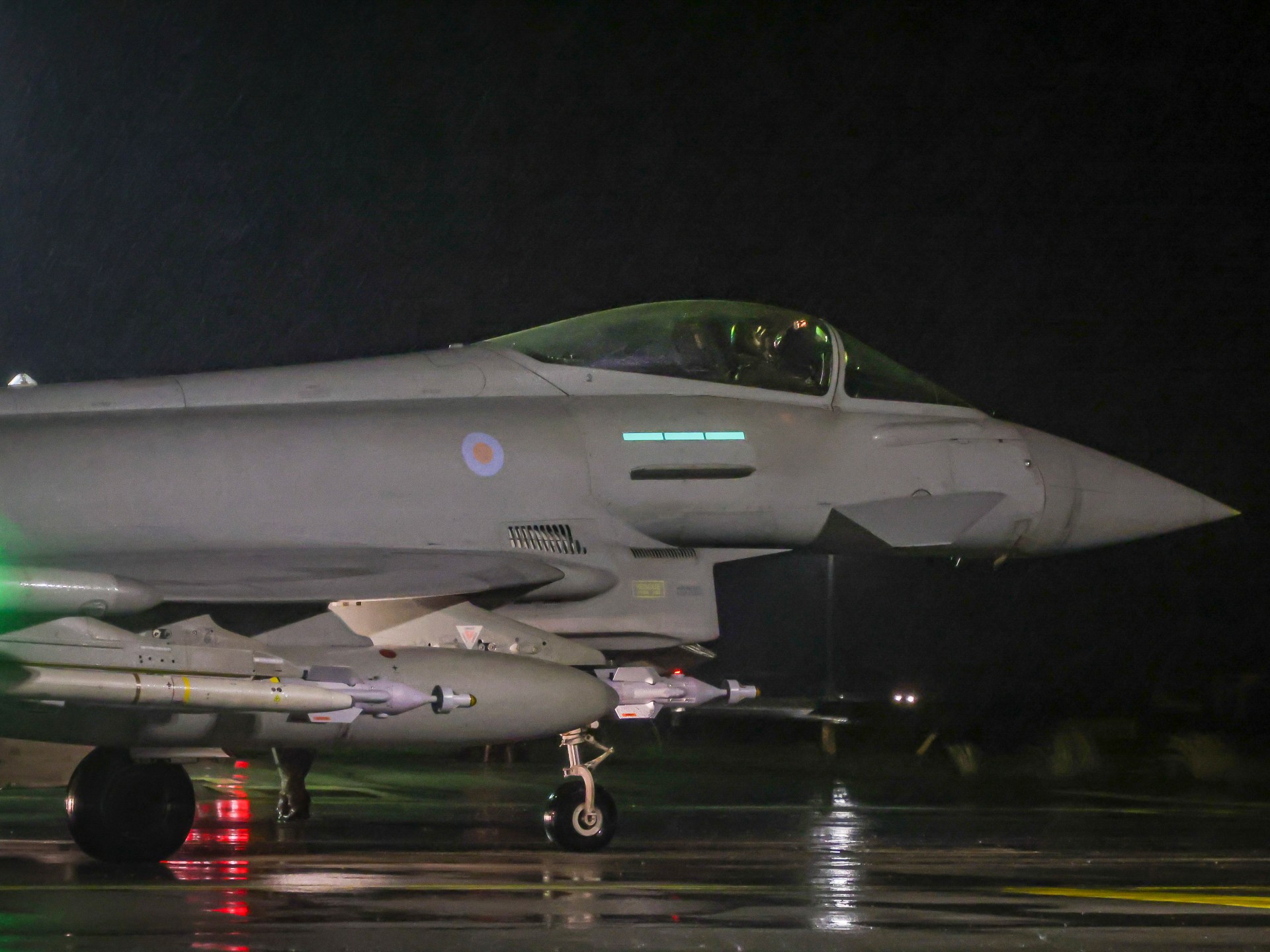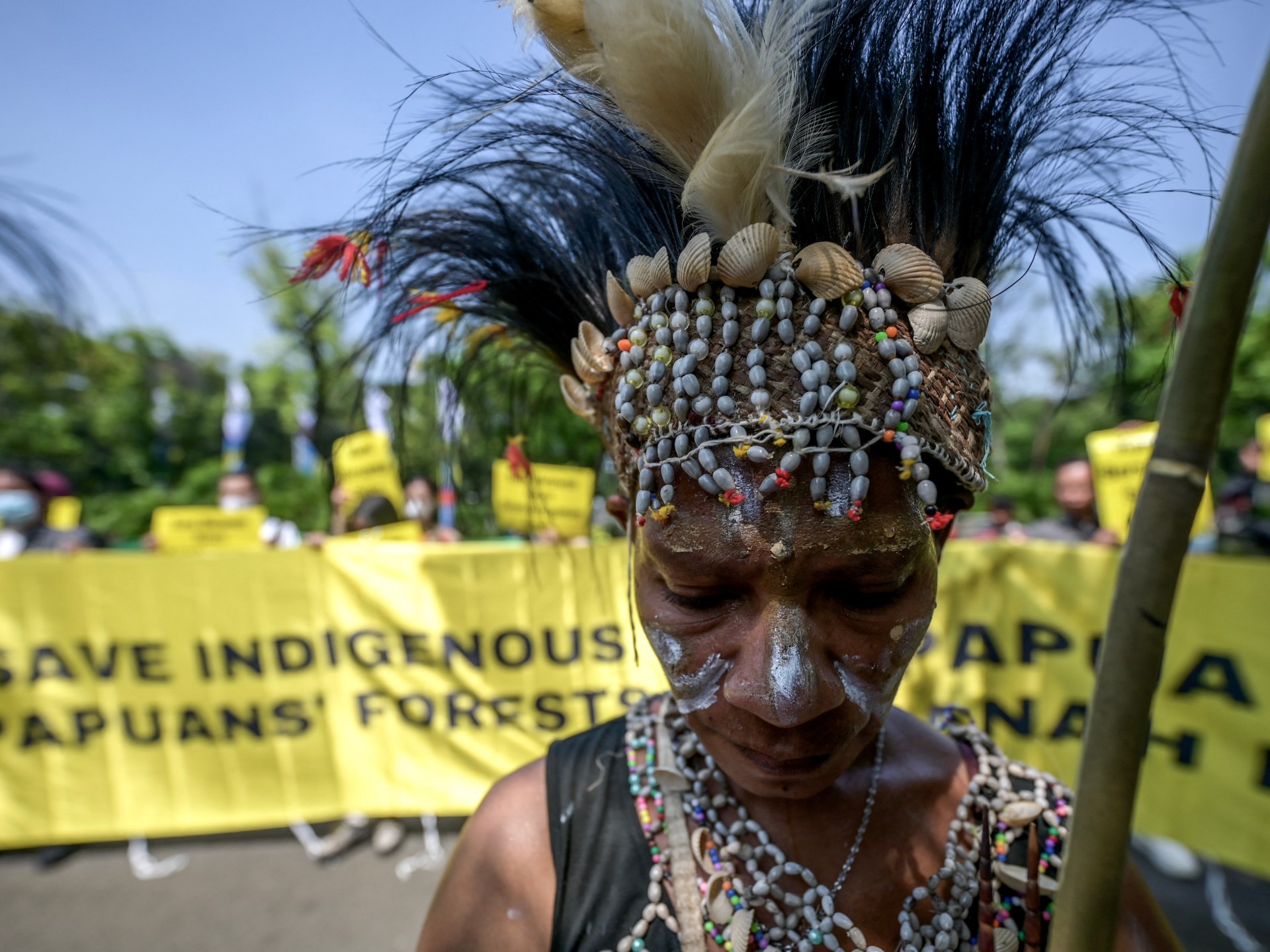Russian President Vladimir Putin has warned that Russia could respond with nuclear weapons if attacked with conventional weapons in the latest changes to the country's nuclear doctrine.
At a televised meeting of Russia’s Security Council, Putin announced that under planned reviews, an attack on the country by a non-nuclear power with the “participation or support of a nuclear power” would be viewed as a “joint attack against the Russian Federation.”
Putin stressed that Russia could use nuclear weapons in response to a conventional attack that posed a “critical threat to our sovereignty,” a vague formulation that leaves wide room for interpretation.
The Russian president is the main decision-maker on Russia's nuclear arsenal and must give final approval to the text.
The change appears to significantly lower the threshold for Russia to use atomic weapons and comes as Ukraine's Western allies consider whether to allow kyiv to use longer-range weapons to strike military targets deep inside Russia, and a month after kyiv launched a surprise incursion into Russia's Kursk region.
Putin did not directly address Ukraine, but said the revisions to the doctrine were necessary in light of a rapidly changing global landscape that has created new threats and risks for Russia.
Russia has been making slow but gradual gains in Ukraine since launching its full-scale invasion of the country two and a half years ago and is trying to dissuade kyiv's Western allies from strengthening their support.
Putin has made several implicit threats of nuclear attack since launching his war and has suspended Russian participation in the New START treaty with the United States, which limits the number of nuclear warheads each side can deploy.
Ukrainian President Volodymyr Zelenskyy urged Western powers to ignore Russia's threats, and his chief of staff Andriy Yermak said Putin's latest remarks amounted to little more than blackmail.
“Russia no longer has any other instruments to intimidate the world than nuclear blackmail,” Yermak said. “These instruments will not work.”
'It's never good'
Russia’s current nuclear doctrine, laid out in a 2020 decree, says Moscow could use its nuclear arsenal in the event of a nuclear attack by an enemy or a conventional attack “when the very existence of the state is in danger.”
Russian hawks have been calling for toughening the doctrine for months, saying the current version is too vague and gives the impression that Moscow would never resort to using nuclear weapons.
Putin stressed that the revised doctrine further details the conditions for the use of nuclear weapons and that they could be used in the event of a massive air strike.
“The conditions for Russia to use nuclear weapons are clearly set out” in the reviews, he said.
“We will consider this possibility when we receive reliable information about a massive launch of air and space attack means and their crossing of our state border,” Putin added, citing “strategic and tactical aircraft, cruise missiles, drones, hypersonic and other flying vehicles.”
The current version of the document states that Russia would use its nuclear arsenal if it receives “reliable information about the launch of ballistic missiles aimed at the territory of Russia or its allies.”
Ukraine has repeatedly attacked Russian territory with missiles and drones in response to Moscow's attacks.
“Whether or not you think this is a bluff, it is never a good thing for a major nuclear power to relax the conditions for nuclear use in its declarative policy,” said Samuel Charap, a senior political scientist at RAND, in a post on X.
Putin also said the revised doctrine would bring neighboring Belarus under Russia's nuclear umbrella.
President Alexander Lukashenko, a Putin ally who has ruled Belarus for more than 30 years, has allowed Moscow to use his country's territory to send troops into Ukraine. He has also allowed the Kremlin to deploy some of Russia's tactical nuclear weapons there.
Russia is the world's largest nuclear power. Together, Russia and the United States control 88 percent of the world's nuclear weapons.

